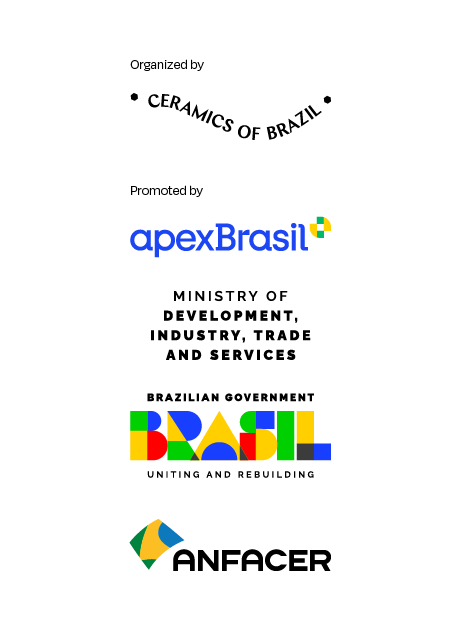
The natural gas sector in Brazil is making decisive progress towards competitiveness and transparency. The Ministry of Mines and Energy (MME) and the Energy Research Company (EPE) once again demonstrated their commitment to the country's sustainable development by launching a study last Tuesday (18) on the costs of access to the natural gas flow and processing system.
The ceramics sector, one of the main segments in the industry that consumes the most gas, sees the study as essential to boosting the market and a significant advance in data transparency.
The lack of competition in the sector, attributed to limited infrastructure, a lack of transparency in cost information and market concentration, has been an obstacle to new entrants. One of the biggest obstacles has always been information asymmetry. Without clarity on the real costs of access to essential infrastructure, new players find it difficult to enter the market, while investments are held back by uncertainty.
The study produced by EPE has the power to create a more balanced environment for natural gas to further boost the competitiveness of Brazilian industry. Brazilian industry as a whole - from ceramic tiles to other productive segments, including power generation - will also benefit from a more competitive, transparent and efficient gas market. With more predictable prices and a more balanced business environment, the competitiveness of the national production sector will be strengthened.
More than just a diagnosis, this study points to a new model that is more modern, dynamic and in line with international best practices. Brazil has the potential to become a major global player in the natural gas sector, taking advantage of its vast reserves in a strategic and sustainable way. To achieve this goal, transparency and regulatory certainty are fundamental.
In this way, the national ceramics sector, through its representative organizations Anfacer and Aspacer, expresses its support for the initiative and the study carried out by the EPE and for the intense work of the MME, through the leadership of Minister Alexandre Silveira and his natural gas team, for this transformative initiative.
This is an essential step towards consolidating a gas market that truly generates economic, social and environmental development for all Brazilians.
They support this document:
.jpg)

